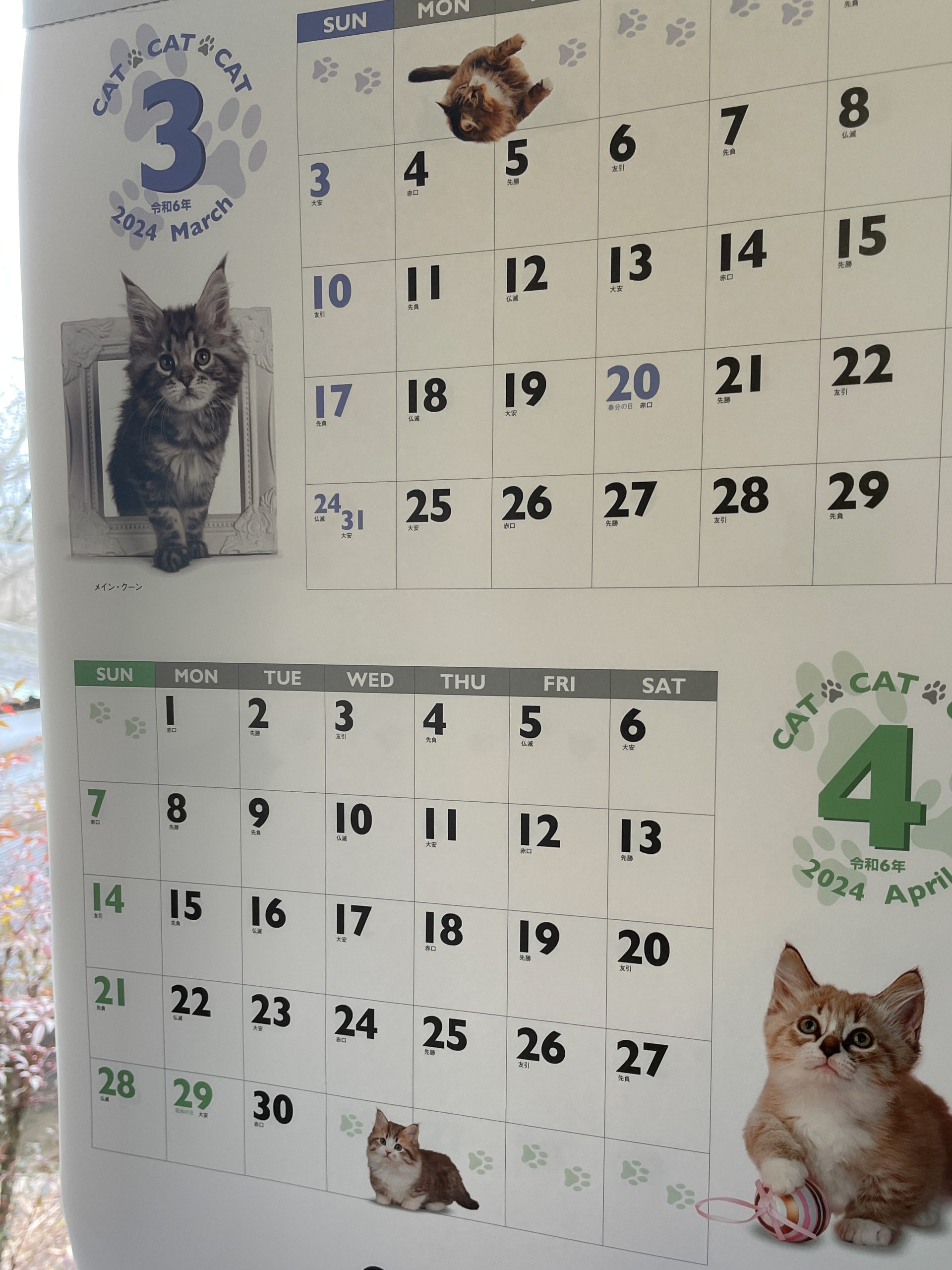About three hours from the heart of Tokyo, Mashiko is a modest town known as a hub for ceramic artists. We came here to meet Kie Watanabe. At her workshop, where two cats greeted us, shelves were lined with casts that she has created.


Artists & Brands
About three hours from the heart of Tokyo, Mashiko is a modest town known as a hub for ceramic artists. We came here to meet Kie Watanabe. At her workshop, where two cats greeted us, shelves were lined with casts that she has created.

Kie Watanabe is a porcelain artist. After studying ceramics in Shigaraki and Kyoto, she trained in Mashiko before setting out on her own.
Her works combine the lightly warped shape with the crispness of porcelain to create a distinct gentleness. The tableware is made using the slip-casting technique, where each piece is shaped in a cast. Rather than trimming the burr (marks left from the casting process), it is accented with iron underglaze. Watanabe incorporates pearl white porcelain clay sourced from Kyushu, alongside a slightly smokier porcelain clay sourced from Kyoto.
The high-fired porcelain pieces are incredibly practical, with a smooth, durable surface that pairs well with metal cutlery. Watanabe’s work takes full advantage of porcelain’s properties, adding a gentle personal touch to each piece.
Her teacups and plates carry a quiet elegance that allows them to blend seamlessly into any setting, while standing out on its own. The delicate balance of her designs reflects the style she has honed in Mashiko.
Mashiko is famous for the town where Shoji Hamada, a leading figure in the mingei (folk craft) movement, have held his studio. His influence attracted many other potters to the area, and it remains a thriving ceramics community today.
Watanabe, drawn to Mashiko by Shoji Hamada’s legacy, was impressed by the ceramists’ sense of autonomy. In many traditional pottery regions, there is a strong adherence to established traditions. In contrast, Mashiko offers a more open, inclusive atmosphere where a variety of styles can coexist.
In Kyoto, where Watanabe studied ceramics, the honouring of tradition runs deep. Watanabe says that her time there continues to influence her work, to find a balance.
“Even with a philosophy, you can’t make anything without the skills to execute it. But if you only have skills and no vision, you end up making many boring plates. The balance between the two is essential, and difficult to find”
Gato - Ceramics and Japanese Food